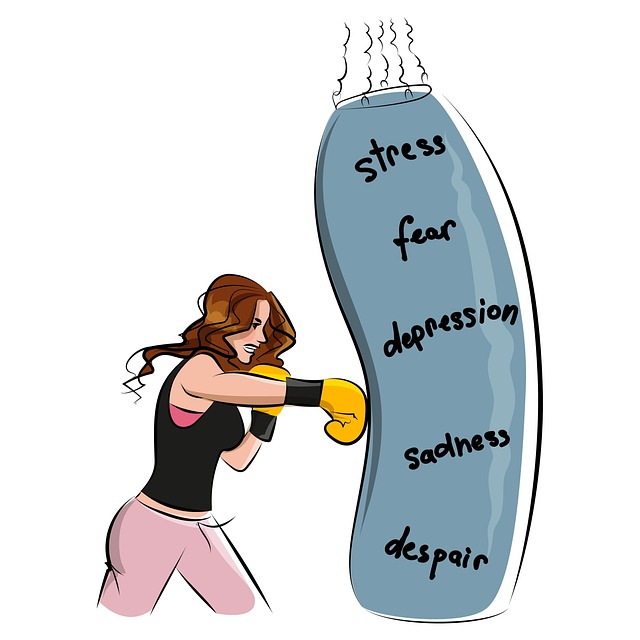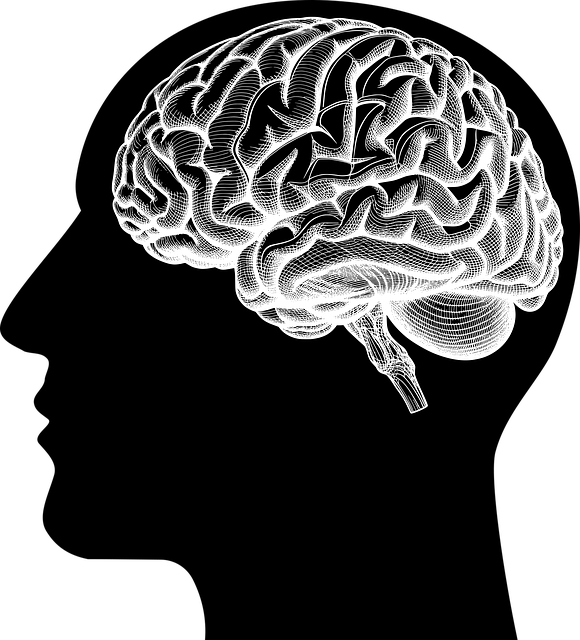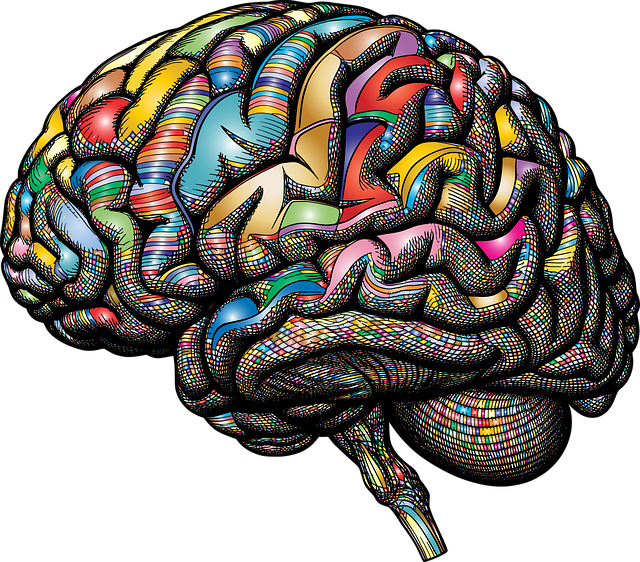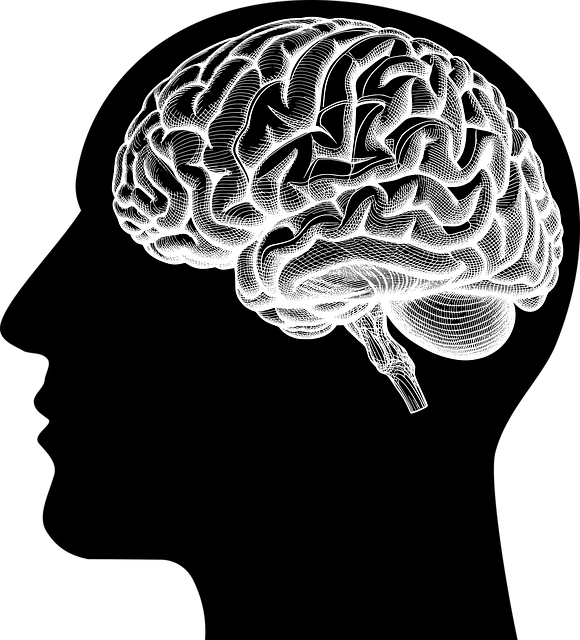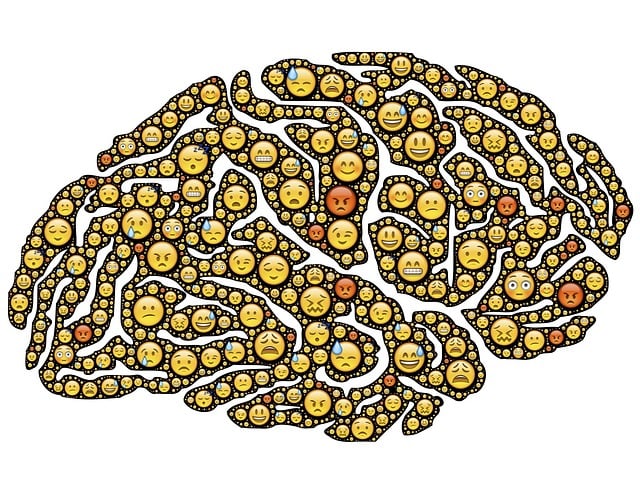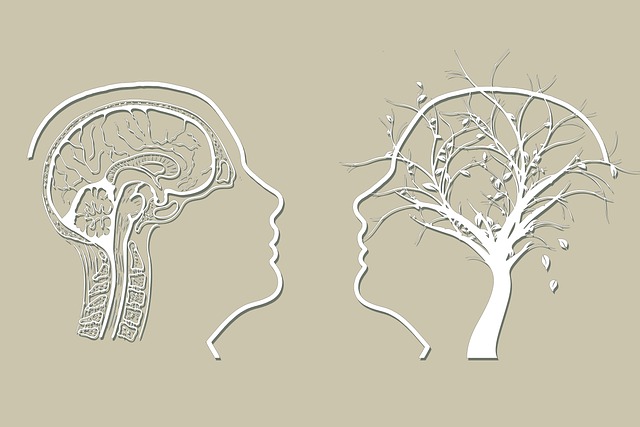Englewood Stress Management Therapy (ESMT) offers a holistic approach to stress management, focusing on emotional healing, resilience building, and self-care. Using evidence-based techniques in a supportive environment, ESMT addresses root causes of stress through tailored interventions. It teaches effective coping strategies, cultivates positive mindsets, and reduces mental illness stigma by creating safe spaces for open discussions. Implementing Resilience, Flexibility, and Mindfulness (RFM) principles involves assessing individual needs, designing balanced routines, practicing regularly, and tracking progress. Resilience Building Exercises (RBEs) derived from ESMT enhance coping, foster adaptability, and promote emotional control, contributing to improved mental health. Overcoming integration challenges requires innovative approaches like podcast series for accessible learning and support.
“Uncover the power of Englewood Stress Management Therapy as a transformative tool for enhancing resilience. This article explores the implementation of RFM (Resource, Focus, and Motivation) and resilience-building exercises, offering a step-by-step guide to empower individuals in managing stress effectively. From understanding the therapy’s core principles to navigating benefits and challenges, readers will gain insights into integrating these techniques into modern life. Embrace a new approach to building mental fortitude.”
- Understanding Englewood Stress Management Therapy: A Brief Overview
- Implementing RFM and Resilience-Building Exercises: Step-by-Step Guide
- Benefits and Challenges of Incorporating These Techniques in Modern Life
Understanding Englewood Stress Management Therapy: A Brief Overview

Englewood Stress Management Therapy (ESMT) is a holistic approach designed to empower individuals in managing and overcoming stress and its associated mental health challenges. This therapy goes beyond traditional treatment by focusing on nurturing emotional healing processes, fostering resilience, and promoting self-care routine development for better mental health. ESMT leverages evidence-based techniques, tailored interventions, and supportive environments to address the root causes of stress and related issues.
The therapy recognizes that stress is an inevitable part of life but emphasizes its impact on overall well-being. Through various exercises, individuals learn coping strategies to navigate through daily stressors, enhance their ability to recover from challenging situations, and cultivate a positive mindset. ESMT also prioritizes Mental Illness Stigma Reduction Efforts by creating safe spaces where participants can openly discuss their experiences, thereby fostering understanding and self-acceptance, key components in the Emotional Healing Processes.
Implementing RFM and Resilience-Building Exercises: Step-by-Step Guide

Implementing RFM (Resilience, Flexibility, and Mindfulness) along with resilience-building exercises is a powerful approach to enhancing well-being, especially in managing stress and promoting mental health, as exemplified by Englewood Stress Management Therapy. Here’s a step-by-step guide to get you started:
1. Assess Individual Needs: Begin by understanding the unique challenges each individual faces. This could involve assessing their current stress levels, past experiences, and personal goals. Tailoring resilience-building exercises to these needs is crucial for effective engagement.
2. Introduce RFM Principles: Educate participants about the core concepts of RFM: resilience, flexibility, and mindfulness. Resilience focuses on coping with adversity; flexibility involves adapting to change; and mindfulness encourages staying present. These principles form the backbone of your program, guiding exercises designed to build mental fortitude.
3. Design a Balanced Routine: Create a structured yet flexible routine incorporating various resilience-building activities. This might include meditation practices for mindfulness, physical exercises to enhance flexibility, and cognitive reframing techniques to foster resilience. A balanced approach that caters to different learning styles and preferences will ensure better adherence.
4. Practice Regularly: Consistency is key when it comes to building resilience. Encourage participants to engage in the exercises daily or at least several times a week. Regular practice allows individuals to develop new habits and experience the cumulative benefits of their efforts, reducing the risk of relapse or burnout.
5. Track Progress and Adjust: Implement a system for tracking progress, such as journaling or using digital tools. This enables individuals to reflect on their growth and identify areas still requiring strengthening. Adjust the exercises accordingly, ensuring continuous learning and improvement.
By following these steps, you can effectively guide participants towards embracing Mind Over Matter principles while contributing to Mental Illness Stigma Reduction Efforts through practical resilience-building strategies.
Benefits and Challenges of Incorporating These Techniques in Modern Life

Incorporating Resilience Building Exercises (RBE) into modern life offers significant benefits for mental wellness. These techniques, often derived from evidence-based practices like Englewood Stress Management Therapy and Crisis Intervention Guidance, empower individuals to navigate life’s challenges more effectively. RBEs enhance coping strategies, foster adaptability, and promote a sense of control over one’s emotional and psychological state, contributing to improved overall mental health. They can be particularly valuable in today’s fast-paced and often stressful environment, helping people maintain balance and resilience.
However, integrating RBE into daily routines presents challenges. Juggling the demands of work, family, and personal commitments may make it difficult for individuals to consistently allocate time for such practices. Additionally, some individuals might struggle with self-motivation or find it challenging to apply these techniques effectively without guidance from a mental wellness expert. Overcoming these obstacles requires a commitment to personal growth and potentially incorporating RBEs into a Mental Wellness Podcast Series Production for accessible learning and support.
Englewood Stress Management Therapy offers a powerful framework for improving mental well-being through RFM (Resources, Strengths, and Needs) analysis and resilience-building exercises. By following a structured guide, individuals can enhance their ability to cope with life’s challenges. While implementation may present some challenges, the benefits are significant, leading to improved stress management and overall resilience in modern life. Embrace these techniques to foster a more balanced and fulfilling lifestyle.
